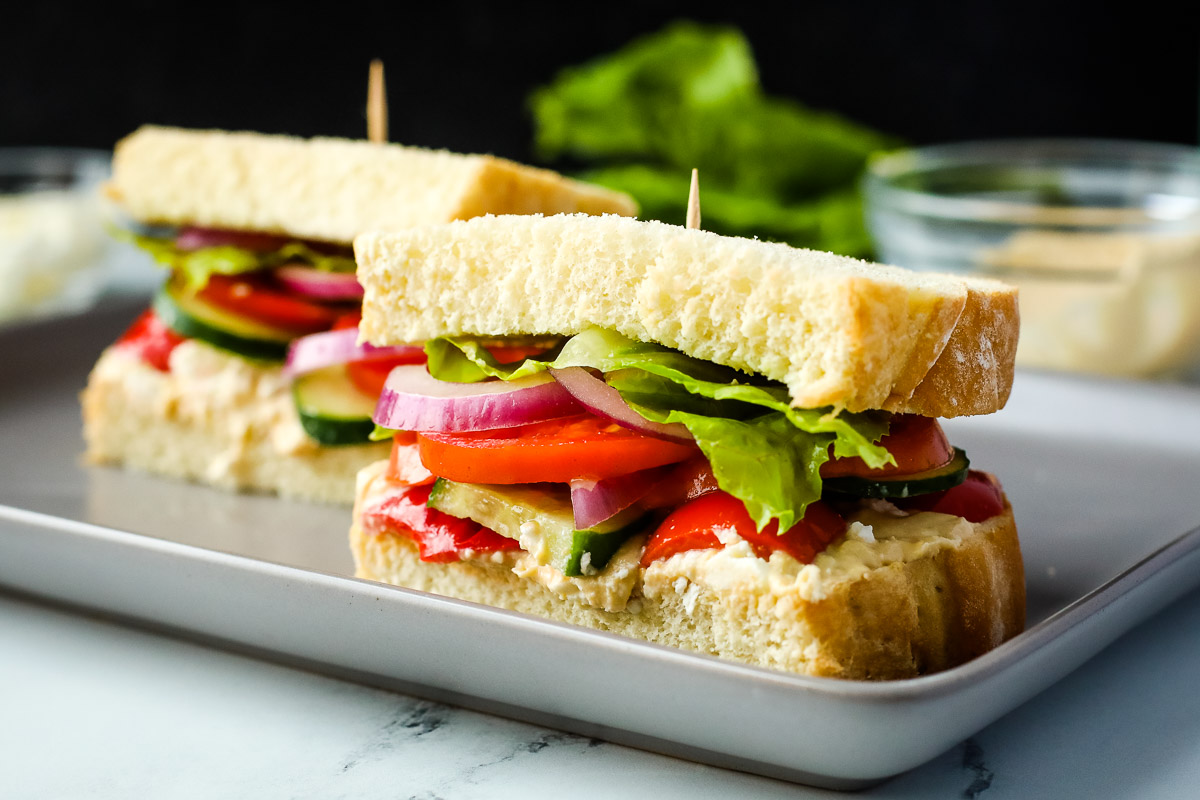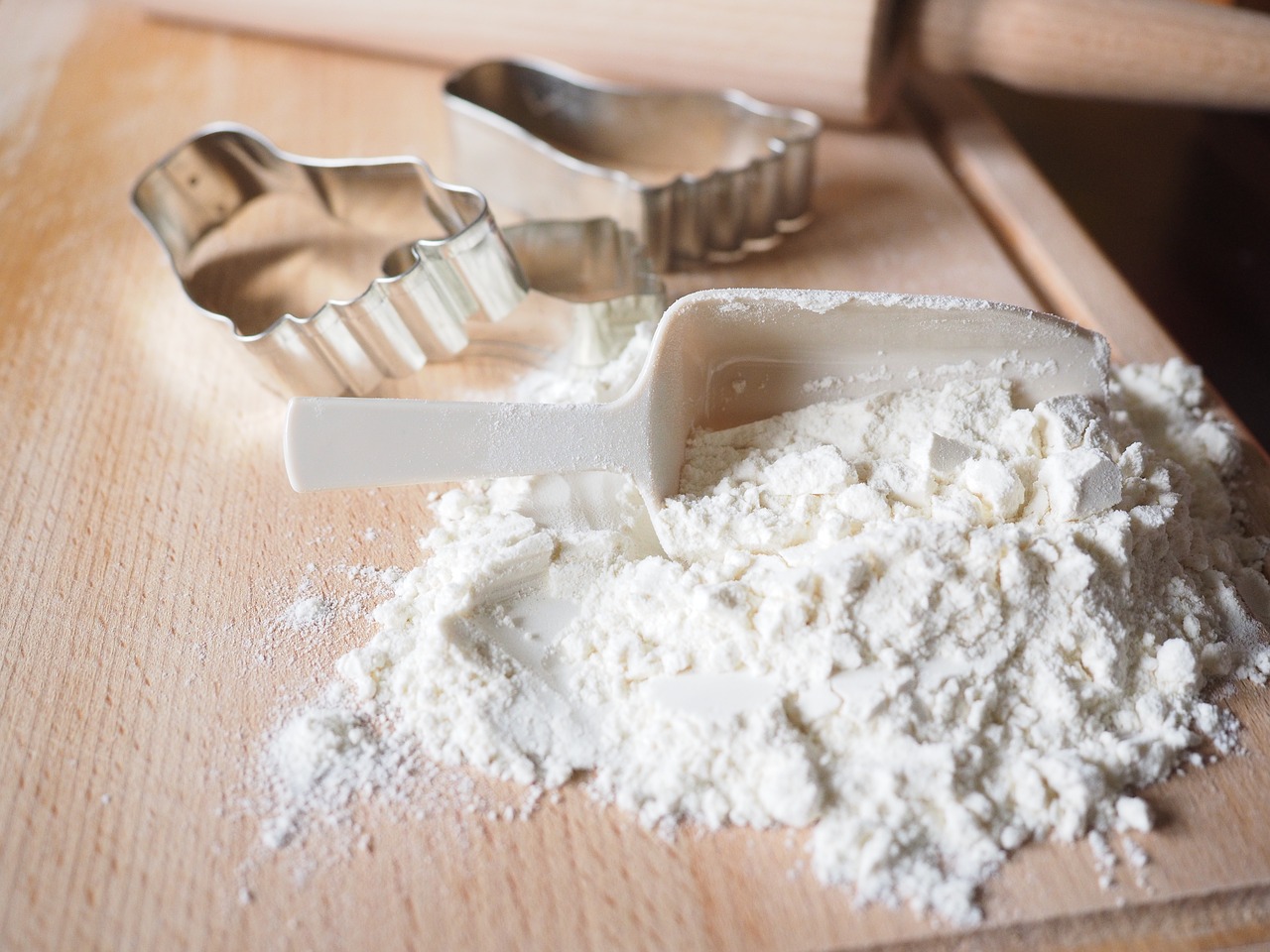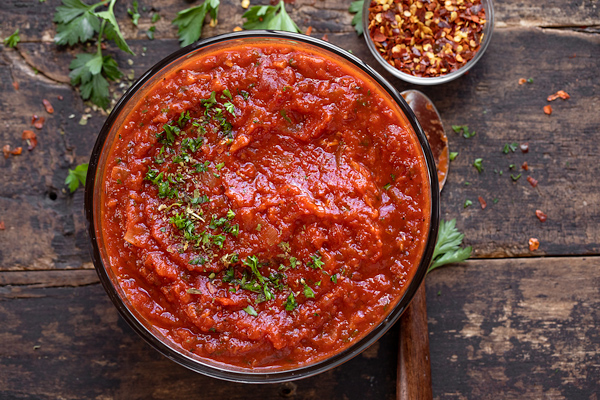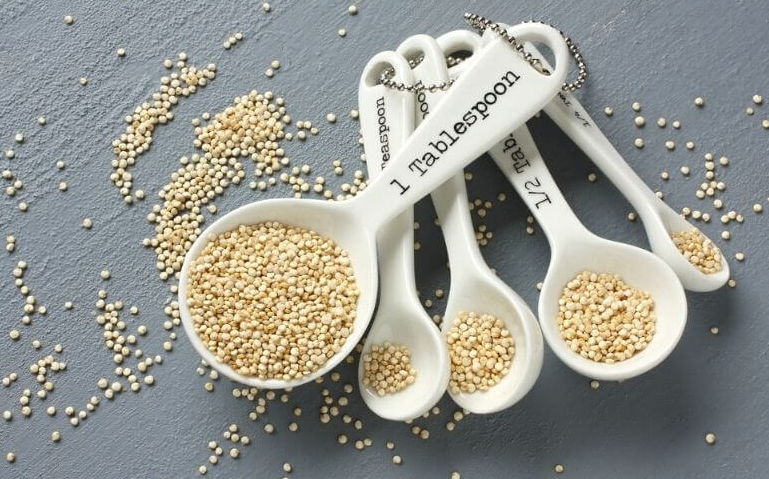Every day, a chicken lays an egg. For some people, this may seem like a mundane fact. However, for others, it is a wonder of nature. How does the chicken know how to lay eggs every day? What happens if she doesn’t lay an egg? Today, we’re going to explore the mystery of how many eggs does a chicken lay a day.
How Does A Hen Make An Egg?
When a hen is ready to lay an egg, she instinctively knows what to do. Her body begins producing hormones that tell her ovaries to start the process of producing an egg. Once the ovaries are activated, they begin releasing eggs from inside her body and moving them down through the oviduct, or fallopian tube. As the egg travels down the oviduct, layers of shell and membranes begin forming around it.
The egg then moves through a series of different compartments in the oviduct, where other components are added. These components can include albumen, or egg whites; chalaza, which help hold the yolk in place; and air sacs. Eventually, the egg is finished and exits the body through the cloaca, a multi-purpose opening that also eliminates waste and supports reproduction.

How Does A Hen Make An Egg?
What Affects A Chicken’s Egg Production?
There are many factors that can affect a chicken’s egg production, including her age and health. Typically, older hens lay fewer eggs than younger ones do, as their bodies begin to slow down with age. Additionally, if a hen is sick or injured, she may produce fewer eggs than usual. Other factors that can impact egg production include stress, food and water availability, light exposure, and weather.
Despite these factors, chickens are remarkably efficient egg-layers. Even under adverse conditions, most hens will continue to lay eggs every day as long as they are healthy and well-fed. So the next time you enjoy a fresh egg for breakfast, take a moment to appreciate the amazing natural processes that go into making it. After all, you might not be able to replicate how a chicken lays an egg, but you can certainly enjoy it!
Related: crockpot ranch chicken
When Do Chickens Start Laying Eggs?
Chickens typically start laying eggs when they are around four or five months old. However, this can vary depending on a number of factors, such as their diet and living conditions. Some chickens may start laying at a younger age if they have easy access to food and water, while others may take longer to mature. As hens get older, they also tend to lay fewer eggs each year, with some only laying a few dozen at most.
Despite these natural fluctuations in egg production, hens are remarkably resilient and will continue to lay eggs on a regular basis as long as they remain healthy and well-fed.
How Many Eggs Does A Chicken Lay In A Day?
It is difficult to say exactly how many eggs a chicken lays in a day, as this can vary depending on the individual hen and other factors such as her health and age. However, most hens will lay around one egg each day during their peak laying period, which usually lasts for several months. Some chickens may even produce more than one egg each day if they have a steady supply of food and water.
We hope this blog post has helped you learn more about how many eggs does a chicken lay a day. If you want to learn more read this article.
How Does A Chicken’s Age Affect Its Egg Laying?
Age is one of the biggest factors that affects a chicken’s egg laying. Typically, older hens lay fewer eggs than younger ones do, as their bodies begin to slow down with age. However, some hens may continue to lay throughout their entire lives if they are well-fed and healthy.
There are many things you can do to help your hens maintain their egg-laying abilities, such as providing them with a steady supply of food and water, plenty of light exposure, and a comfortable living environment. Additionally, many hens tend to lay fewer eggs during the winter months or in cold climates. In these cases, you may need to provide extra heat or lighting to encourage more regular egg production.
Despite these natural fluctuations, chickens are truly remarkable creatures that can continue to lay eggs even in challenging conditions. So the next time you crack open a fresh egg for breakfast, take a moment to appreciate all of the incredible processes that go into making it. After all, you might not be able to replicate how a chicken lays an egg, but you can certainly enjoy it!
Read more: mcdonalds chicken salad
How Does The Time Of Year Affect The Amount Of Eggs A Chicken Lays?
The time of year can have a significant impact on the amount of eggs that a chicken lays. During the winter months and in cold climates, hens often produce fewer eggs due to changes in light exposure and temperature. Additionally, some hens may stop laying altogether if they do not have an adequate food supply or easy access to water.
To help your chickens maintain their egg-laying abilities, you can take steps such as providing them with extra light exposure and a comfortable living environment. Additionally, hens tend to lay more eggs during the spring and summer months when natural food sources are more abundant. In these cases, you may need to supplement your hens’ diet with additional food sources to ensure that they continue laying throughout the year.
Does The Season Of The Year Or The Climate Affect Egg Laying?
The season of the year and the climate can both have a major impact on egg laying in chickens. During winter months, hens typically produce fewer eggs due to changes in light exposure and temperature. Additionally, some hens may stop laying altogether if they do not have an adequate food supply or easy access to water.
To help your chickens maintain their egg-laying abilities, you can take steps such as providing them with extra light exposure and a comfortable living environment. Additionally, hens tend to lay more eggs during the spring and summer months when natural food sources are more abundant. In these cases, you may need to supplement your hens’ diet with additional food sources or heated living spaces to ensure that they continue laying throughout the year.
Overall, the season of the year and the climate can both have a significant impact on egg laying in chickens. Whether your hens are producing fewer eggs during winter or their egg-laying abilities change depending on where you live, it is important to understand how these factors affect your flock and take steps to help them stay healthy and productive.

Does The Season Of The Year Or The Climate Affect Egg Laying?
Role Of Good Feed In Egg Production?
The role of good feed in egg production is critical, as it impacts both the quantity and quality of eggs that hens lay. A healthy, nutrient-rich diet helps hens maintain their energy levels and reproductive cycles, which are necessary for producing high-quality eggs. Additionally, a balanced diet helps ensure that chickens have enough protein and vitamins to support proper egg development.
To promote good egg production, it is important to provide your hens with a steady supply of high-quality feed and clean water. Additionally, you may need to supplement their diet with additional protein sources or supplements if they are not getting enough nutrients from their regular food sources. Whether you have backyard chickens or a commercial flock, taking these steps can help ensure that your hens continue laying well into the future.
One of the most important roles of good feed in egg production is providing hens with nutrients to support reproductive cycles and energy levels. Without adequate nutrition, hens may not be able to produce enough eggs or maintain their normal egg-laying cycles, which can have a significant impact on your flock’s productivity.
Additionally, it is important to provide your hens with access to clean water and enough space to move around freely. This will help them stay healthy and active, which also contributes to good egg production. Whether you have backyard chickens or maintain a commercial flock, these steps can help ensure that your hens are able to continue laying high-quality eggs without interruption.
The Benefits Of Having More Eggs From Your Chickens
There are a number of benefits to having more eggs from your chickens, such as increased access to protein-rich foods and the ability to sell surplus eggs for profit. Eggs can also be used in a variety of recipes and meals, and keeping chickens can help reduce food waste by giving you access to fresh eggs on demand. In addition, eggs are a highly nutritious food source that is rich in protein, vitamins, and minerals.
One of the main benefits of having more eggs from your chickens is increased access to a nutritious and protein-rich food source. Eggs are an excellent source of essential nutrients such as protein and vitamin D, which can help support overall health and well-being. In addition, eggs are relatively low in calories and fat, making them a great choice for those who are trying to lose weight or manage their cholesterol levels.
Another benefit of having more eggs from your chickens is the potential to sell surplus eggs for profit. Whether you have backyard chickens or a commercial flock, selling excess eggs can help generate extra income for your business or family. Additionally, you can use this extra income to purchase feed or other supplies that are needed to maintain a healthy and productive flock.
In addition to providing a source of food and income, eggs from your chickens can be used in many different recipes and meals. For example, you may want to use eggs in an omelet or scramble, use the whites to make a meringue or cake frosting, or mix the yolks with milk and flour to make bread or pastry dough.
Tips For Increasing Egg Production In Your Chickens
If you are looking to increase egg production in your chickens, there are several steps that you can take. These include providing your hens with access to a steady supply of high-quality feed and clean water, making sure they have enough space to move around freely, and supplementing their diet with extra protein or vitamins if needed. Additionally, it can be helpful to keep your chickens healthy and active by providing them with a comfortable living space and limiting stressors such as excessive heat, cold weather, or predators.
One of the most important steps you can take to increase egg production in your chickens is providing them with access to a steady supply of high-quality feed and clean water. Feed should be formulated specifically for laying hens, and it is important to use fresh, clean water at all times. Additionally, make sure that your chickens have enough space to move around freely so that they do not become stressed or sleep more than normal.

Tips For Increasing Egg Production In Your Chickens
FAQ: Egg-Laying Chickens And Common Problems
When do chickens start laying eggs regularly?
Chickens may lay eggs as early as 4-6 months of age, though this can vary depending on the breed and environmental conditions in which they are kept. Achieving regular egg production requires attention to detail – monitoring your chickens closely while providing adequate lighting and nutrition will ensure that they remain healthy and productive throughout their life cycle!
At what age do chickens stop laying eggs?
Healthy, productive chickens can lay eggs up to two years of age – a surprisingly long time! However, many variables come into play when it comes to egg-production longevity. Breeds and overall health are key considerations here; additionally, making sure their environment is properly lit with enough nutrition goes a long way in helping your feathered friends stay happy and prosaic for as extended an amount of time as possible.
Should I be concerned if my chicken suddenly stops laying eggs?
If your chicken suddenly stops laying eggs, you may be concerned about the health of your flock. There are a number of possible causes for this change in egg production, including inadequate lighting or nutrition, illness or stress, reproductive issues, or simply natural aging. If you notice that your chicken is not laying eggs as often as usual, it is important to speak with your vet or a qualified poultry expert in order to determine the cause and come up with an appropriate course of action.
Can a chicken lay eggs without a rooster present?
Yes, it is possible for a chicken to lay eggs without a rooster being present. While most chickens need to be fertilized by a rooster in order to produce fertile eggs, there are some breeds that are able to lay eggs without this fertilization happening. However, these eggs will not be fertile and will therefore not hatch if left to incubate. Additionally, these hens will not be able to produce new eggs without a rooster present, so it is important to make sure that you have a rooster in your flock if you want regular egg production from all of your chickens.
Can a chicken lay an egg without a shell?
It is possible for a chicken to lay an egg without a shell, though this is not a common occurrence and can be caused by a variety of factors. Typically, eggs that lack shells are either unfertilized or have formed abnormally due to issues with the hen’s reproductive system or diet. In order to prevent these eggs from being laid, you should make sure that your chickens are well-fed and healthy and have access to a steady supply of high-quality feed and clean water at all times. Additionally, it is important to monitor your flock closely for signs of illness or stress that could be causing abnormal egg formation in your hens.
Can I give my chickens supplements or hormones to increase their egg production?
There are a number of supplements and hormones that are often marketed as ways to increase egg production in chickens, but there is no scientific evidence to support their effectiveness. In fact, giving your hens these substances can be harmful or even dangerous, as they may disrupt the natural functioning of your chickens’ bodies and lead to health issues down the line.
Can a chicken lay different colored eggs?
Yes, it is possible for a chicken to lay eggs of different colors. The most common varieties of differently colored eggs are blue, green, and even pink. However, the specific pigments that cause these color variations can vary depending on factors such as diet and breed, so it is important to monitor your flock closely and look out for any changes in egg color that could be signs of illness or other issues.
How many eggs do hens usually lay in a week?
Chicken-keeping often involves a bit of detective work to determine why your hens may lay more or fewer eggs than expected. Factors such as breed, age and health can have significant impacts on egg production – some breeds could offer up to 5 daily surprises in their nests, while others might be slacking off with just 3 per week! Paying close attention to any shifts in productivity is key for keeping your flock happy and healthy over time.
Can a chicken lay more eggs if I give it extra calcium?
While some sources may claim that a chicken can lay more eggs if it receives extra calcium, there is no scientific evidence to support this idea. In fact, giving your chickens extra calcium could have negative effects on their health and potentially increase the risk of certain diseases or conditions. Instead, you should focus on providing your hens with a balanced diet that is rich in high-quality protein, vitamins, and minerals. Additionally, you should monitor your flock closely for signs of illness or stress that could be affecting egg production.
Why is my chicken laying 2 eggs per day?
There could be a number of factors that are causing your chicken to lay 2 eggs per day, including changes in diet, health issues, or genetics. Some chickens may be genetically predisposed to laying more frequently than others, while other birds may experience changes in egg production due to poor nutrition or illness. To better understand why your chicken is laying 2 eggs per day, it is important to monitor your flock closely and look out for any signs of stress or illness that could be affecting egg production. Additionally, you may want to consult a veterinarian or other chicken health expert for advice on how to improve your bird’s diet and overall health.
Can my chickens continue laying eggs as they get older?
It is possible for chickens to continue laying eggs as they get older, although the rate at which they produce eggs may change over time. Older hens often have lower levels of nutritional intake and overall health, which can cause them to lay fewer eggs than younger birds or those that are well-fed. On the other hand, some breeds of chicken are known to lay more eggs into their older age, so your flock’s egg production may vary depending on the genetics and breed of your birds. To help keep your chickens laying eggs as they get older, it is important to provide them with a balanced diet that is high in protein, vitamins, and other nutrients.
Conclusion: How Many Eggs Does A Chicken Lay In A Day
The answer to whether a chicken can lay different colored eggs or continue laying eggs as it gets older depends on a variety of factors, including breed, diet, health, and genetics. To keep your chickens healthy and productive for as long as possible, it is important to monitor their egg production closely and look out for any changes or signs of illness that could be affecting their laying habits. Additionally, you may want to consult a veterinarian or other chicken health expert for advice on how to best support your flock’s egg production as they get older.



















